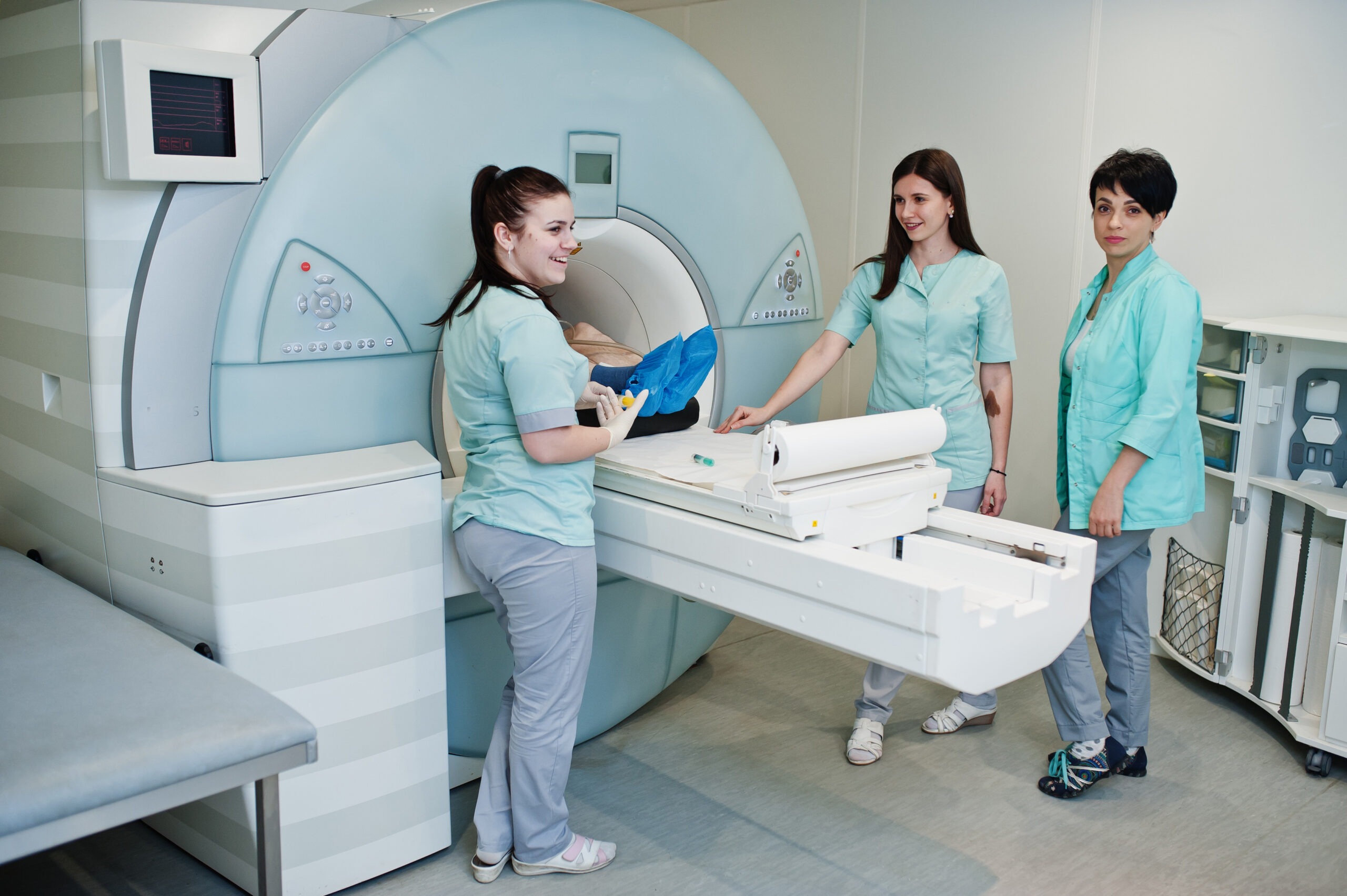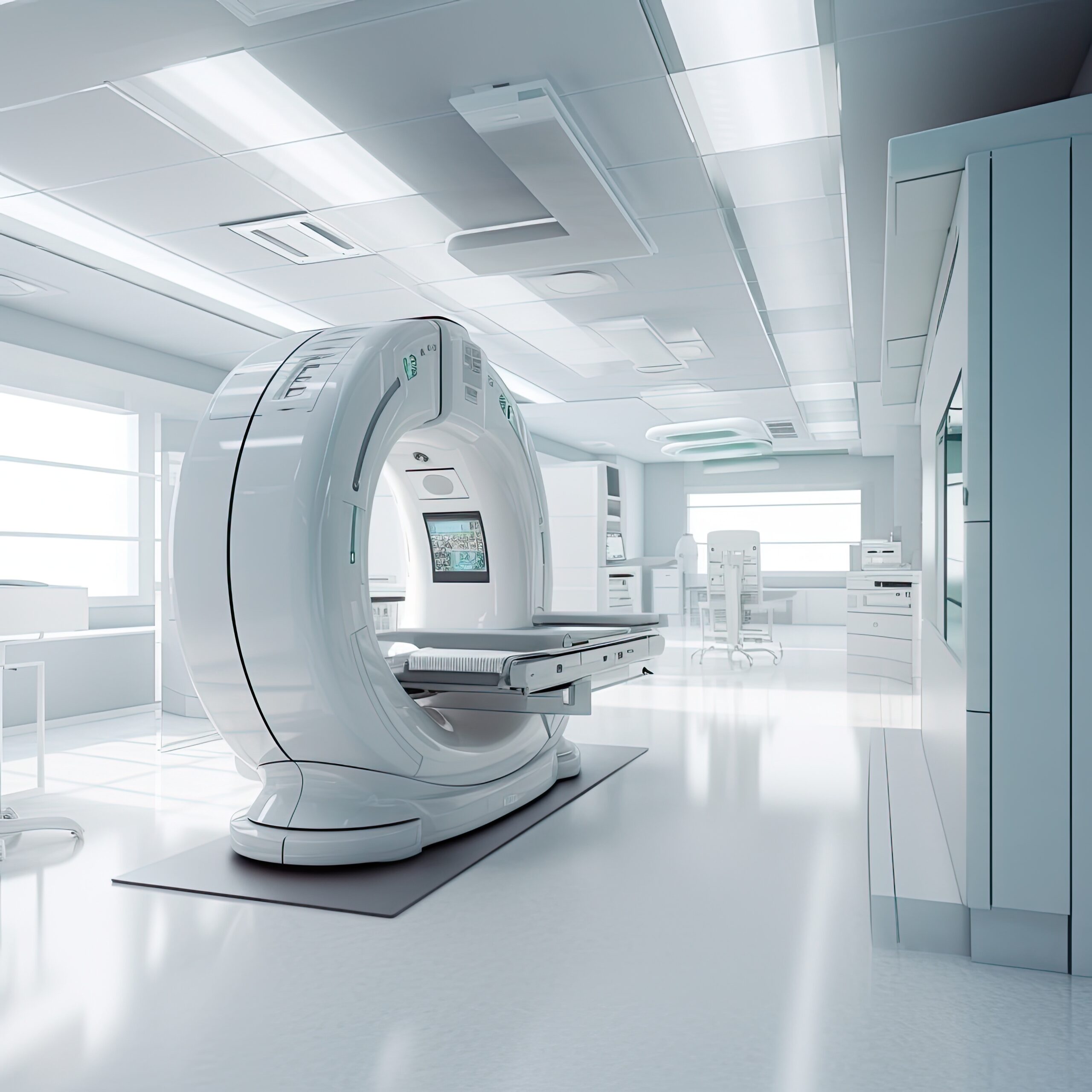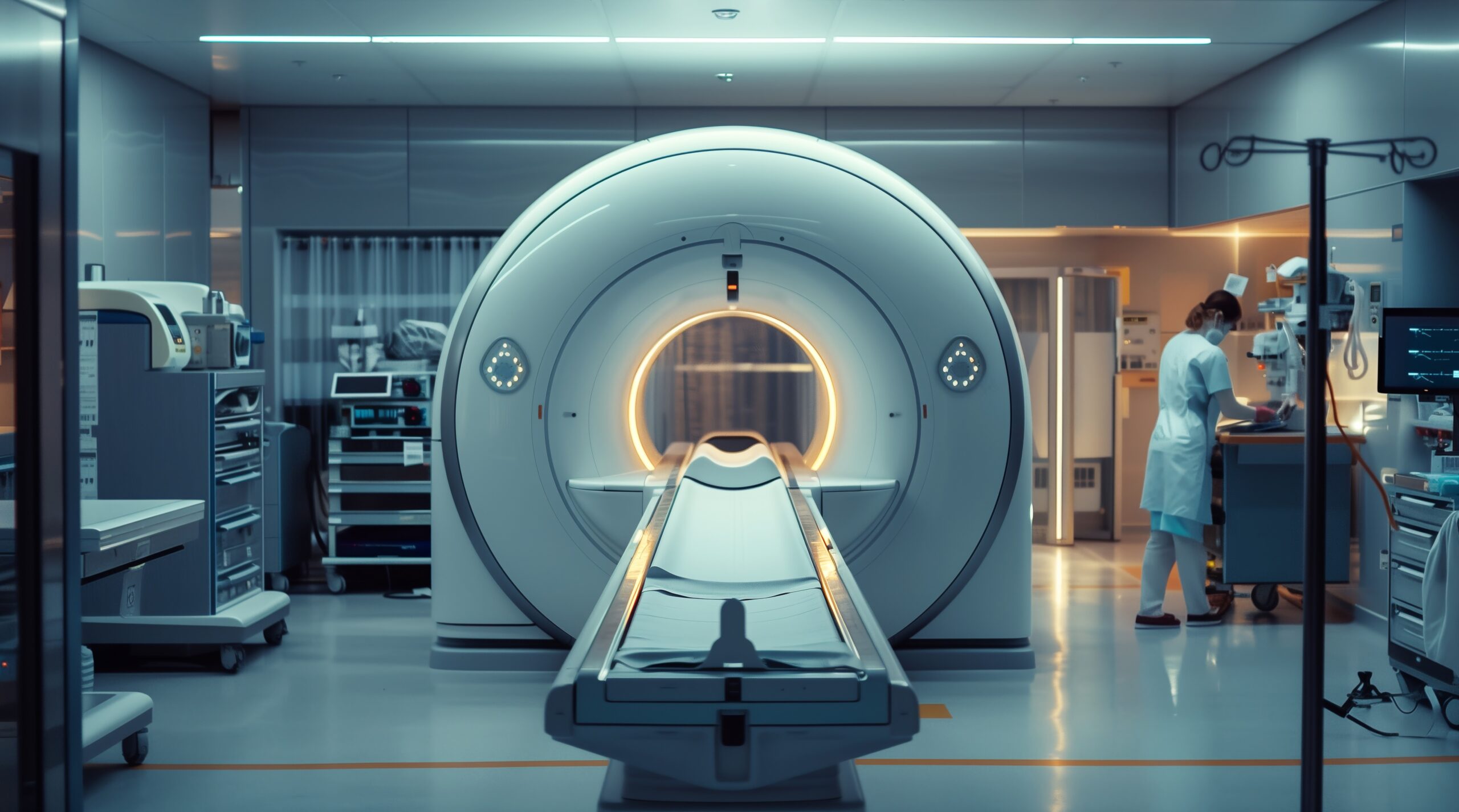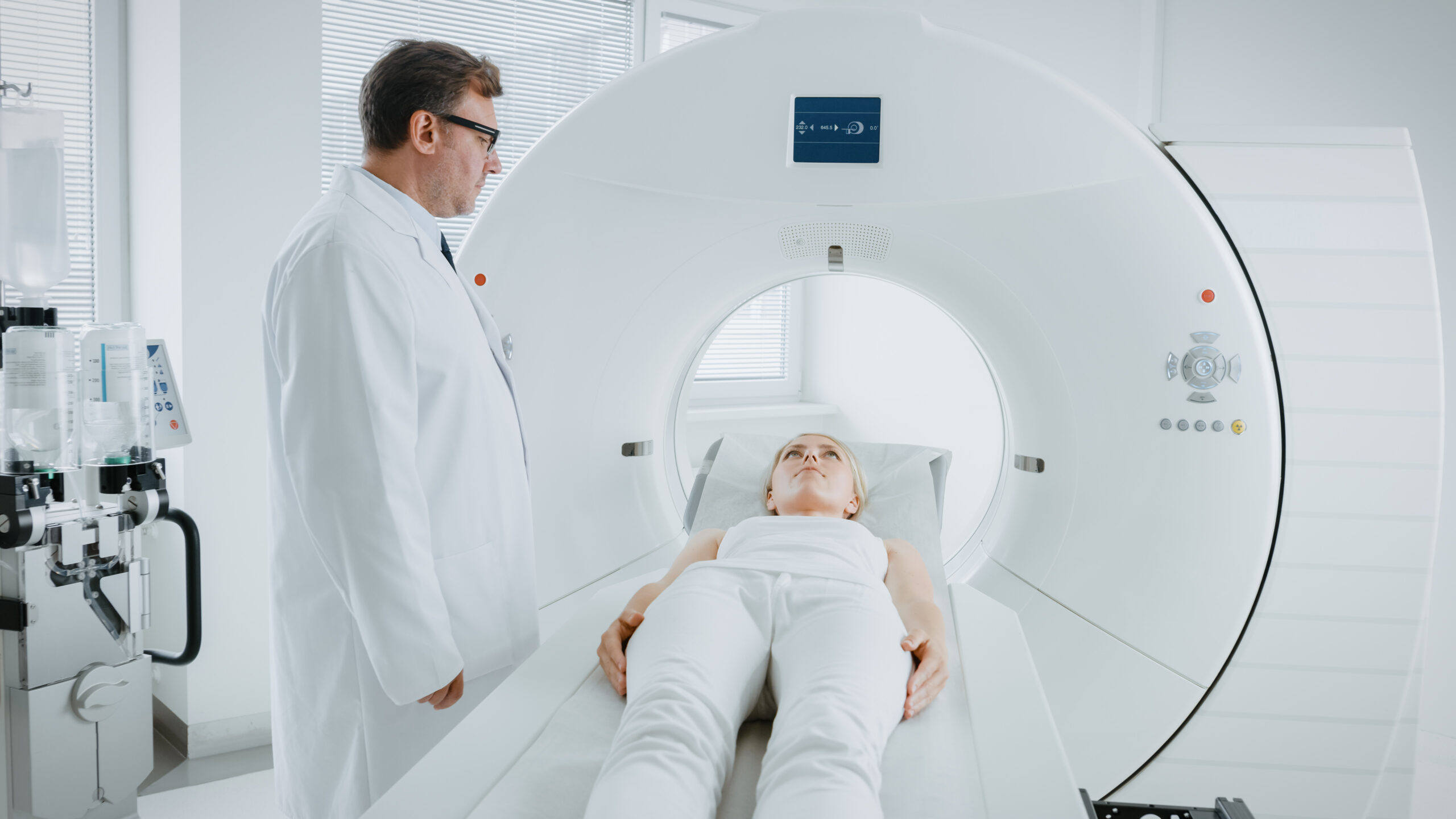PET CT (Positron Emission Tomography-Computed Tomography) is a revolutionary medical imaging technique used to detect and diagnose a variety of health conditions, including cancer, heart disease, and neurological disorders. In Miami, PET CT scans are increasingly becoming an essential tool in the early detection and management of diseases. However, many patients have questions about the procedure, its benefits, and when it’s necessary. In this blog post, we address some of the most frequently asked questions about PET CT scans, separating fact from fiction and providing expert insights to guide you through the process.
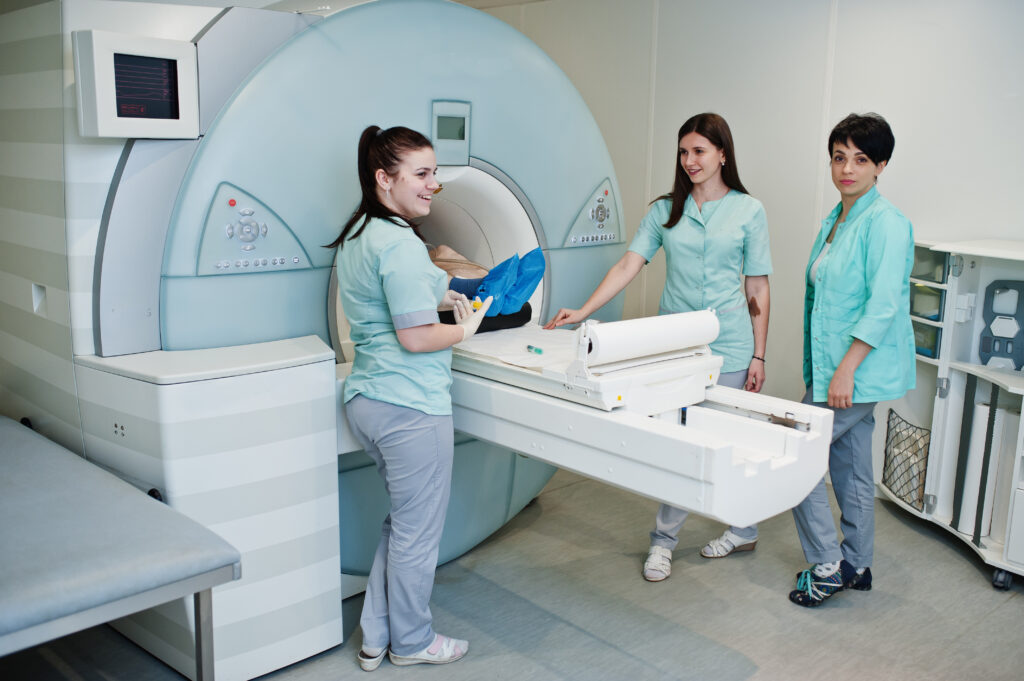
Common Concerns and Myths
Myth #1: PET CT Scans are Painful
A common misconception about PET CT scans is that they are painful or uncomfortable. In reality, the procedure is painless. During a PET CT scan, a small amount of radioactive material (called a radiotracer) is injected into your body. This radiotracer emits positrons, which are detected by the scanner to create detailed images of your tissues. The scan itself is non-invasive, and the most you will feel is a brief needle prick during the injection.
Myth #2: PET CT Scans are Dangerous Due to Radiation
Another concern that often arises is about the radiation exposure during a PET CT scan. While it’s true that PET CT scans use low levels of radiation, the amount is typically less than that used in conventional CT scans. Furthermore, the benefits of early detection and diagnosis far outweigh the minimal risk of radiation exposure, especially when the scan is medically necessary. Your healthcare provider will always ensure that the scan is performed with safety in mind.
Myth #3: PET CT Scans Are Only for Cancer
Although PET CT scans are highly effective in detecting cancer and monitoring its progression, they can also be used to diagnose and evaluate other conditions, including heart disease, Alzheimer’s, and infections. The PET CT scan provides valuable insight into the metabolic activity of cells, making it an important tool for diagnosing a wide range of medical issues.
Answers from Our Experts
Q1: What Is the Difference Between a PET Scan and a CT Scan?
While both PET and CT scans are used to create detailed images of the body, they serve different purposes. A CT scan provides detailed structural images of your organs and tissues, while a PET scan shows how these tissues are functioning at the cellular level. When combined in a PET CT scan, the two technologies complement each other, providing a more comprehensive view of your health, especially when it comes to identifying cancer or other metabolic diseases.
Q2: Is a PET CT Scan Safe?
Yes, PET CT scans are considered safe for most patients. The small amount of radiation used in the procedure poses minimal risk, and the scan itself is highly accurate in detecting abnormalities that can be life-saving when diagnosed early. If you have concerns about safety, speak with your physician to determine whether a PET CT scan is the right diagnostic tool for you.
Q3: How Long Does a PET CT Scan Take?
A typical PET CT scan takes about 30 minutes to an hour to complete. The process includes time for the radiotracer to travel through your body, and for the actual imaging procedure. You will be asked to lie still on the scanner table while images are captured. Some patients may require additional time depending on the complexity of their scan.
Q4: How Should I Prepare for a PET CT Scan?
Preparation for a PET CT scan is relatively simple. You will typically be asked to avoid eating for several hours before the scan to ensure accurate results. You should also inform your doctor of any medications you are taking, as some may interfere with the results. Your healthcare team will provide you with specific instructions tailored to your condition and needs.
When to Seek a PET CT Scan
A PET CT scan is recommended when your doctor suspects certain conditions based on symptoms, physical exams, or other tests. Common scenarios where a PET CT scan may be ordered include:
- Cancer Diagnosis or Staging: PET CT scans help identify the presence of cancer, determine its size and location, and monitor treatment progress.
- Heart Disease: A PET CT scan can evaluate blood flow in the heart and detect areas of reduced circulation that could indicate heart disease.
- Neurological Conditions: For conditions like Alzheimer’s disease, PET CT scans can help monitor brain activity and diagnose early stages of neurological disorders.
- Infection or Inflammation: PET CT scans are used to locate areas of infection or inflammation in the body, helping guide treatment plans.
If you are experiencing unexplained symptoms or have a family history of conditions that require close monitoring, it may be worth discussing a PET CT scan with your doctor.
Conclusion
PET CT scans are a powerful diagnostic tool that provide doctors with vital information about your health, offering insights that can lead to early diagnosis and better treatment outcomes. While there are many myths and concerns about the procedure, it’s important to understand that PET CT scans are safe, non-invasive, and valuable for detecting a wide range of medical conditions. If you’re in the Miami area and considering a PET CT scan, our team at PET CT of Miami is here to guide you every step of the way.
PET CT of Miami – Your Partner in Health
At PET CT of Miami, we are dedicated to providing accurate and timely imaging services to help detect and manage health conditions. With state-of-the-art technology and a compassionate team of experts, we ensure that every patient feels comfortable and informed throughout the process.
Ready to schedule your PET CT scan? You can conveniently book your appointment online today or contact us for more information on how we can assist you with your diagnostic needs.

